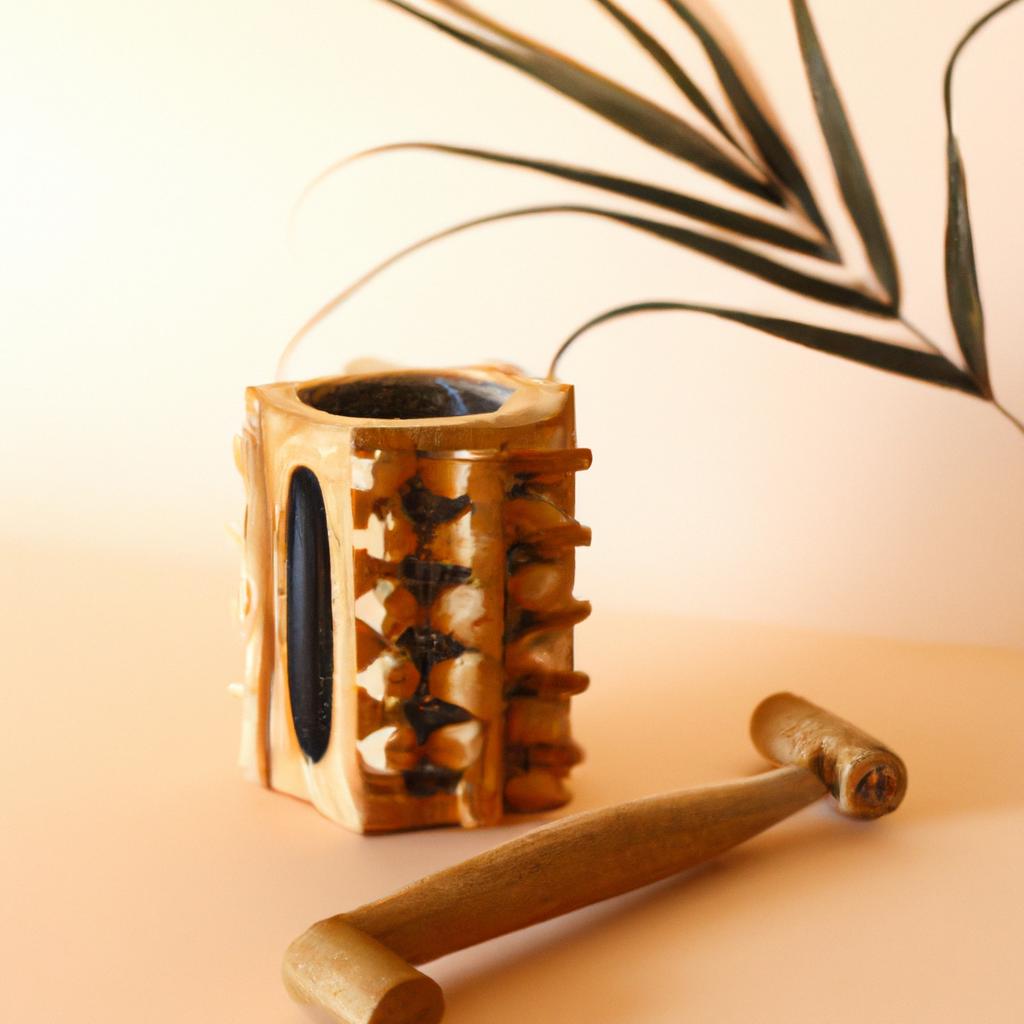Introduction: Managing Chronic Pain
Chronic pain affects millions of people around the world. It is an ongoing, long-term issue that can interfere with a person’s physical and emotional wellbeing. It can be very difficult to deal with chronic pain, but luckily there are strategies available to help manage it. In this guide, we will cover the different ways healthcare professionals and individuals can go about managing chronic pain.
The Role of Healthcare Professionals in Managing Chronic Pain
Chronic pain can be an extremely difficult condition to cope with, but fortunately, there are healthcare professionals that can help provide strategies to manage chronic pain. These professionals can include general practitioners, specialists, nurses, and other allied health professionals. They will usually use a variety of treatment options to help people cope with their chronic pain, such as medications, physical therapies, or psychological therapies.
Medications are often prescribed to help ease the pain, including over-the-counter painkillers, prescription opioids, and other drugs to target the underlying cause of the pain. Physical therapies can also be used to help improve movement and reduce pain, such as massage, stretching, exercise, and heat or cold treatments. Psychological therapies such as cognitive behavioural therapy and mindfulness can help people better cope with the emotional and psychological aspects of living with chronic pain.
It is important for people to work closely with their healthcare professional in order to develop a comprehensive pain management plan to suit their individual needs. This plan should include a combination of medication, physical therapies, and psychological therapies in order to keep the pain manageable.
Self-Management Techniques for Chronic Pain Management
When it comes to managing chronic pain, it can be difficult to know where to start. But taking ownership of your health, understanding your triggers and developing self-management strategies is key to living with and overcoming chronic pain.
Although it can be overwhelming to think about addressing every aspect of life that could be contributing to your pain, there are simple coping strategies that can help you manage your pain and get you on the road to recovery. Here are a few things to keep in mind:
- Keep a pain diary and write down when you are having pain, how severe it is, what you were doing when it happened and what helped.
- Look for ways to reduce stress. Deep breathing exercises, yoga, massage, art therapy and meditation can all have a positive effect on reducing stress.
- Stick to a regular sleep schedule. Sleep helps your body recover and can decrease pain levels.
- Pace yourself and avoid overexerting yourself. Balance work and rest periods throughout the day as much as possible.
- Stay active within your limits. Low-impact activities like walking, swimming or stretching can help increase your strength and mobility.
- Make sure you stay hydrated. Staying well hydrated helps your body absorb nutrients and can help reduce inflammation.
Making these small changes and incorporating them into your daily routine can make a big difference in managing your chronic pain.
Diet and Exercise for Managing Chronic Pain
When it comes to chronic pain, diet and exercise play an important role in having a good quality of life. Having a healthy diet full of fresh fruits and vegetables, whole grains, protein, vitamins, and minerals is essential for your body to be able to function optimally. Eating healthy can also help reduce inflammation, which can contribute to chronic pain.
Exercise is also key for managing chronic pain. Low-impact activities like walking, swimming, cycling, and yoga are great ways to increase flexibility and strength while also reducing overall pain levels. It’s important to start out slow and gradually increase your activity level as you become stronger. Doing too much too soon can make pain worse, so it’s important to listen to your body and take it at a comfortable pace.
It’s important to speak to your healthcare professional about creating an individualized plan that works best for you. Together, you can determine what types of exercises, diets, and lifestyle changes are most appropriate for you. With the right strategies in place, you can find ways to better manage your chronic pain.
Managing Stress and Depression
Chronic pain can easily be aggravated by stress and depression. This is because when we are stressed or depressed, our bodies react with a “fight or flight” response, which can increase the level of pain we experience. Therefore, it is important to find ways to manage stress and depression so that chronic pain can be kept at bay.
The most important thing to do is to find out what works best for you. Some people find solace in activities such as meditation, deep breathing, and yoga. Other techniques that may help include journaling, talking to trusted friends and family, or joining support groups.
If you need professional help, your doctor can refer you to a therapist or counselor who can provide specialized treatment for stress and depression. It is important to note that finding the right therapist may take time, so don’t hesitate to shop around and look for someone whose style of practice resonates with you.
When dealing with stress and depression, it is also important to keep a healthy lifestyle. Eating nutritious meals, exercising regularly, and getting enough sleep are essential for managing stress and depression levels. While it might be hard to maintain healthy habits when dealing with chronic pain, doing so can actually help to minimize symptoms.
Alternative Treatments For Chronic Pain
Dealing with chronic pain can be difficult, and it often requires more than traditional medical treatments. There are many alternative treatments that have been proven to help manage chronic pain, such as mindfulness, acupuncture, yoga, and tai chi.
Mindfulness
Mindfulness is a practice of focusing on the present moment without judgment. Practicing mindfulness can help alleviate stress and improve physical and emotional well-being. It can also help reduce pain by allowing an individual to observe their thoughts and feelings without reacting.
Acupuncture
Acupuncture is a traditional Chinese medical practice that involves inserting needles into the body at specific points for healing purposes. Several studies suggest that acupuncture is effective for treating chronic pain. It works by triggering hormonal responses which help to improve circulation and reduce inflammation.
Yoga
Yoga is an ancient practice that emphasizes physical and mental well-being. It helps increase flexibility, strength and mental clarity. There are several poses that can help alleviate chronic pain such as forward bends, reclined twists and gentle backbends. Regular practice can also help reduce stress and tension which can then lead to reduced pain.
Tai Chi
Tai Chi is a Chinese martial art that combines gentle movements with meditation and breathing exercises. It has been found to help reduce pain in people with chronic conditions such as arthritis and fibromyalgia. Tai Chi can also help improve balance and strength along with reducing stress and increasing energy levels.
Alternative treatments like mindfulness, acupuncture, yoga, and tai chi can be great tools to help alleviate chronic pain. Each treatment has its own unique benefits and should be explored carefully to find the best method to help manage chronic pain.
Chronic pain can feel overwhelming and it takes a toll on those who experience it. Living with chronic pain can be a daily battle, but there are strategies for managing it that can make living with it possible. Healthcare professionals can provide pain management strategies to help people with chronic pain. Furthermore, self-management techniques, such as pacing activities or learning relaxation techniques, are important for managing chronic pain. Another important factor in pain management includes diet and exercise. Paying attention to what foods are consumed and how much physical activity someone is getting can also help alleviate chronic pain. Stress and depression can also aggravate chronic pain, so coping strategies to manage both should be implemented. Lastly, alternative treatments such as mindfulness, yoga, and acupuncture can help to ease chronic pain. These strategies for managing chronic pain can make a big different in someone’s life and enable them to live a better life despite the discomfort of chronic pain. By following these tips and ideas, those suffering from chronic pain can have a better outlook and more control over their symptoms.
comments: 0




